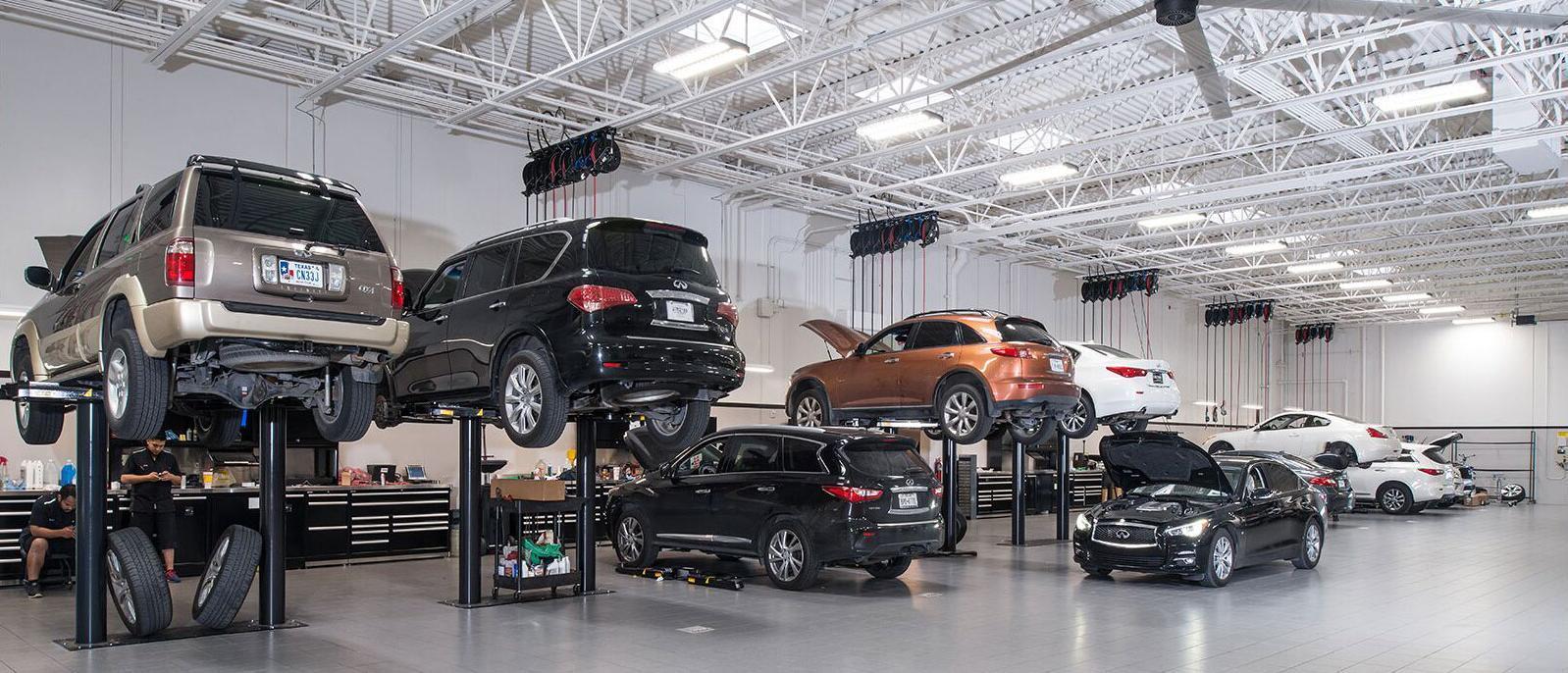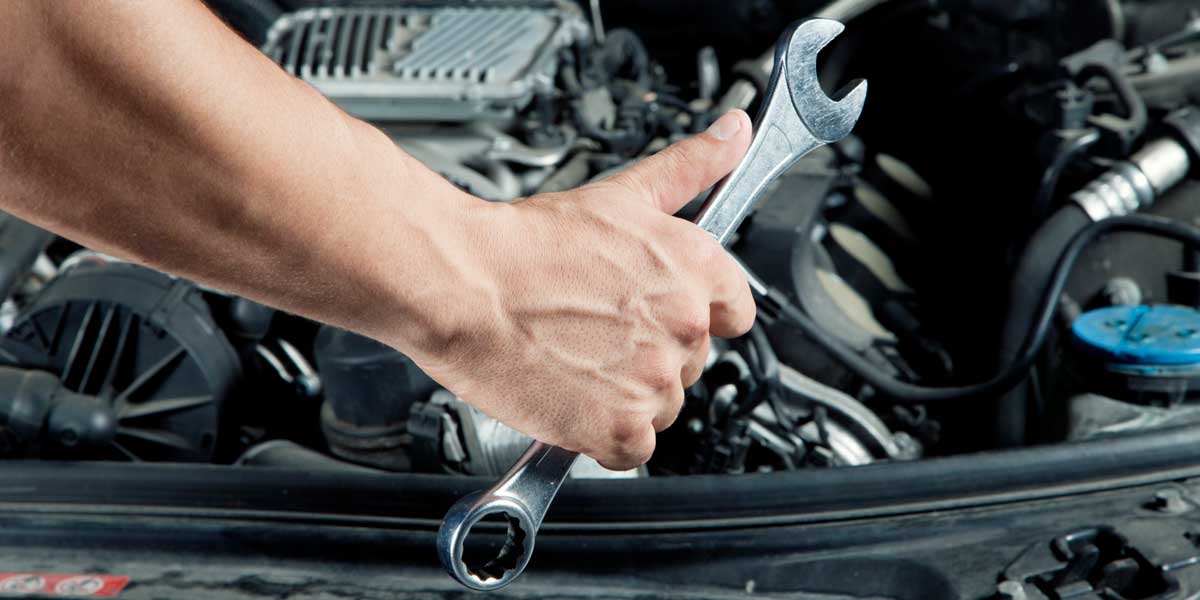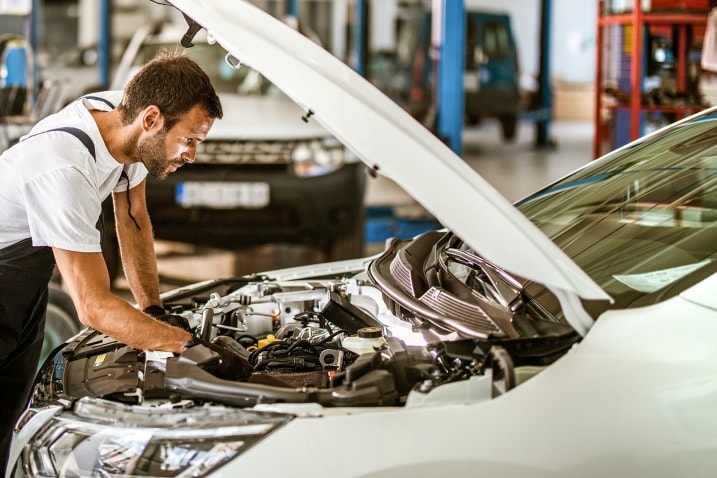Featured
Unexpected car repairs can disrupt your finances, making automobile repair insurance an appealing alternative for numerous motorists. Whether you're a new car owner or taking care of an older car, understanding the details of vehicle fixing insurance coverage and insurance coverage is vital for making notified choices.
What Is Automotive Repair Work Insurance Policy?
Automotive repair service insurance coverage, often called mechanical malfunction insurance coverage (MBI), is a policy made to cover the costs of fixing or replacing automobile elements after a breakdown. Unlike basic vehicle insurance, which deals with accident-related problems, repair insurance concentrates on mechanical issues unrelated to accidents.
What Does It Cover?
The certain coverage varies depending on the insurance firm and the plan you choose. Normally, fixing insurance covers:
Engine Fixes: Including elements like the timing belt, pistons, and cylinder heads.
Transmission Repairs: Treatment the transmission and related parts.
Electrical System: Dealing with concerns with generators, beginners, and onboard computer systems.
Cooling and Home Heating Equipments: Such as radiators, thermostats, and air conditioning devices.
![]()
Steering and Suspension: Including shocks, shows off, and power guiding mechanisms.
Nonetheless, policies usually exclude routine upkeep, wear-and-tear products like brake pads or tires, and cosmetic problems.
![]()
That Needs Automotive Repair Service Insurance Policy?
While repair insurance isn't obligatory, it can be beneficial for:
Proprietors of Older Vehicles: If your cars and truck runs out warranty, repair insurance coverage can give peace of mind versus expensive break downs.
Constant Travelers: High-mileage motorists are most likely to experience mechanical issues, making protection a rewarding investment.
Motorists of Expensive Designs: High-end or specialized cars usually have greater fixing prices, which can be minimized by insurance policy.
Trick Advantages
Financial Security: Aids prevent large, unexpected fixing expenses.
Versatility: Plans can be customized to cover details elements or systems.
Comfort: Decreases tension about prospective failures.
Considerations Prior To Getting
Before committing to an auto repair work insurance coverage, consider these elements:
Plan Terms and Conditions: Testimonial what is and isn't covered to avoid surprises throughout an insurance claim.
Deductibles: Understand the out-of-pocket expenses you'll need to pay prior to coverage kicks in.
![]()
Service Center Options: Some insurance firms require you to use specific repair centers, which can be troublesome.
Premium Prices: Evaluate the yearly expense of the plan against the possibility of needing significant fixings.
Existing Warranty: Inspect if your lorry's maker or dealership guarantee already supplies adequate coverage.
Final Thoughts
Automotive fixing insurance can be a beneficial safeguard, especially for motorists concerned regarding the high prices of unforeseen repairs. By thoroughly assessing plan choices and aligning them with your driving routines and lorry requirements, you can make a decision if this protection is best for you. For included protection, constantly maintain regular vehicle maintenance to reduce breakdown risks and optimize your insurance coverage benefits.
What Is Automotive Repair Work Insurance Policy?
Automotive repair service insurance coverage, often called mechanical malfunction insurance coverage (MBI), is a policy made to cover the costs of fixing or replacing automobile elements after a breakdown. Unlike basic vehicle insurance, which deals with accident-related problems, repair insurance concentrates on mechanical issues unrelated to accidents.
What Does It Cover?
The certain coverage varies depending on the insurance firm and the plan you choose. Normally, fixing insurance covers:
Engine Fixes: Including elements like the timing belt, pistons, and cylinder heads.
Transmission Repairs: Treatment the transmission and related parts.
Electrical System: Dealing with concerns with generators, beginners, and onboard computer systems.
Cooling and Home Heating Equipments: Such as radiators, thermostats, and air conditioning devices.

Steering and Suspension: Including shocks, shows off, and power guiding mechanisms.
Nonetheless, policies usually exclude routine upkeep, wear-and-tear products like brake pads or tires, and cosmetic problems.

That Needs Automotive Repair Service Insurance Policy?
While repair insurance isn't obligatory, it can be beneficial for:
Proprietors of Older Vehicles: If your cars and truck runs out warranty, repair insurance coverage can give peace of mind versus expensive break downs.
Constant Travelers: High-mileage motorists are most likely to experience mechanical issues, making protection a rewarding investment.
Motorists of Expensive Designs: High-end or specialized cars usually have greater fixing prices, which can be minimized by insurance policy.
Trick Advantages
Financial Security: Aids prevent large, unexpected fixing expenses.
Versatility: Plans can be customized to cover details elements or systems.
Comfort: Decreases tension about prospective failures.
Considerations Prior To Getting
Before committing to an auto repair work insurance coverage, consider these elements:
Plan Terms and Conditions: Testimonial what is and isn't covered to avoid surprises throughout an insurance claim.
Deductibles: Understand the out-of-pocket expenses you'll need to pay prior to coverage kicks in.

Service Center Options: Some insurance firms require you to use specific repair centers, which can be troublesome.
Premium Prices: Evaluate the yearly expense of the plan against the possibility of needing significant fixings.
Existing Warranty: Inspect if your lorry's maker or dealership guarantee already supplies adequate coverage.
Final Thoughts
Automotive fixing insurance can be a beneficial safeguard, especially for motorists concerned regarding the high prices of unforeseen repairs. By thoroughly assessing plan choices and aligning them with your driving routines and lorry requirements, you can make a decision if this protection is best for you. For included protection, constantly maintain regular vehicle maintenance to reduce breakdown risks and optimize your insurance coverage benefits.
Latest Posts
Unlock WyHy FCU – Top Benefits for Your Money Goals
Published May 27, 25
1 min read
Don’t Miss Limited-Time Auto Repair Offers in Chicago at Montclare Auto Repair
Published May 25, 25
1 min read
Find Out Cut Costs on Car Maintenance with Montclare Auto Repair’s Special Deals
Published May 24, 25
1 min read
More
Latest Posts
Unlock WyHy FCU – Top Benefits for Your Money Goals
Published May 27, 25
1 min read
Don’t Miss Limited-Time Auto Repair Offers in Chicago at Montclare Auto Repair
Published May 25, 25
1 min read
Find Out Cut Costs on Car Maintenance with Montclare Auto Repair’s Special Deals
Published May 24, 25
1 min read